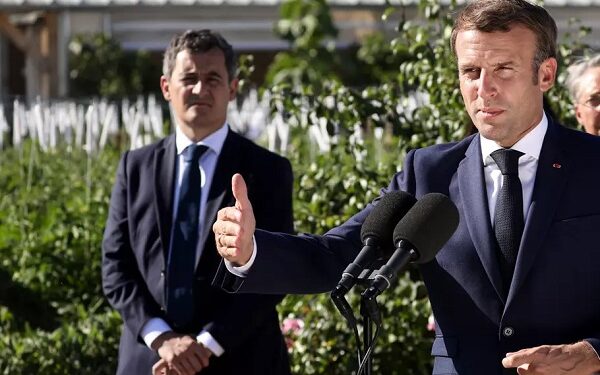France has threatened the countries which refuse to resume their nationals in an irregular situation, in particular those suspected of radicalization, of a reduction in the number of visas granted.
According to LCI, the Secretary of State for European Affairs, Clément Beaune, said that France would not hesitate to consider a “targeted” reduction in the number of visas allocated to countries which are reluctant to resume their nationals in an irregular situation, in particular those suspected of radicalization.
“We have levers to do so, for example visas (…) by targeting political leaders, economic leaders. Yes, it is one of the levers that the President of the Republic, that the Minister of the Interior envisages, “added Clément Beaune.
According to the French Ministry of the Interior, Gérald Darmanin, who recently visited Tunisia to discuss this specific issue, France has 231 foreigners in an irregular situation followed for radicalization and made their expulsion a priority.
But these evictions are not always possible. “When people to be returned do not have an identity document, the state must obtain the agreement of the country of origin, through the issue of a consular pass. However, obtaining this document (…) is not always obvious. Especially since these countries are not necessarily an interest in cooperating, ”reads the public life site.
During this visit, Gérald Darmanin had met the Tunisian Minister of the Interior, Taoufik Charfeddine with whom he mentioned, the recent Nice attack perpetrated by a Tunisian illegally entered in Italy and then in France.
On the other hand, during his telephone interview with Emmanuel Macron, Kais Saied also committed to facilitating the repatriation of several S of Tunisian origin.
The French Minister of the Interior had also welcomed the efforts made by the Tunisian authorities, in particular the security services, in the case of the Nice terrorist attack.
The subject of expulsions is controversial in Tunisia where the possibility of a return to the country of Tunisians who have joined jihadist groups remains a sensitive question, says LCI.








